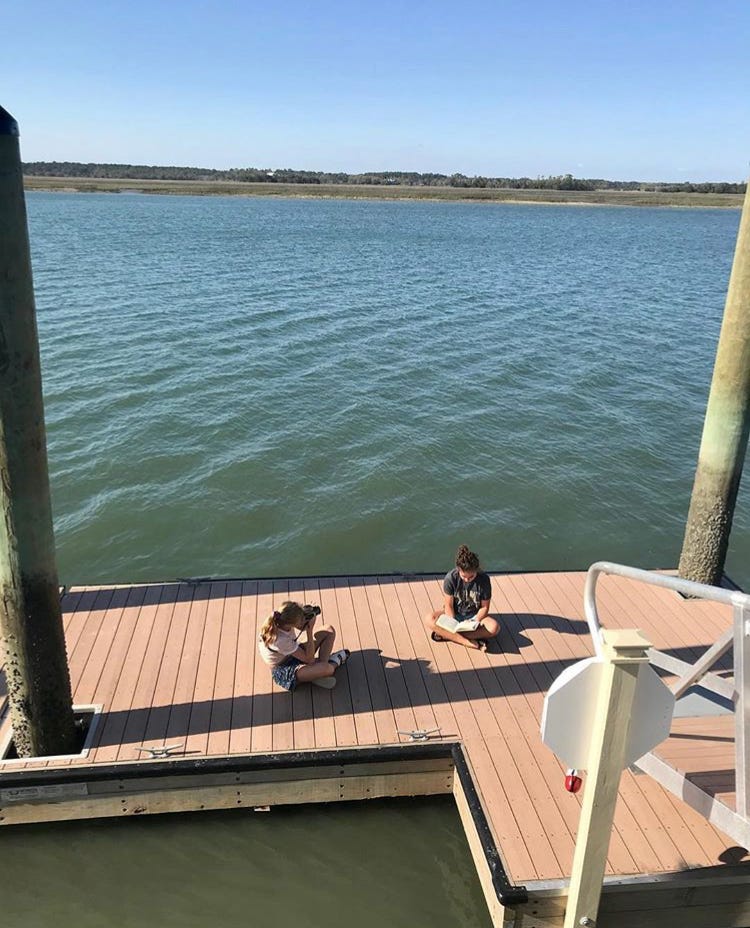Reading What Your Kids Are Reading

Remember that heartbreaking scene in Catcher in the Rye when Holden drops the record he bought for his little sister and it shatters into a million pieces? Or when Sylvia says she can no longer be with Dorian Gray because their love is interfering with her art? Or the deeply sad ending to Steinbeck’s Of Mice and Men? Wait, what, you don’t? Just kidding,…




